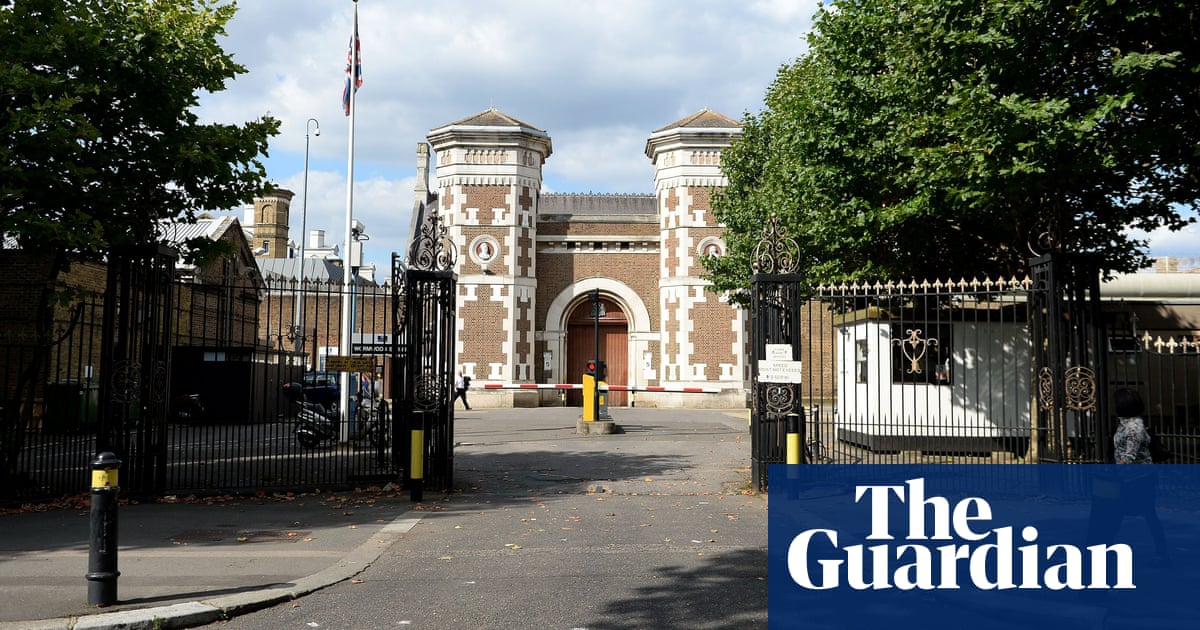
A coroner has called for a review into smart motorways, concluding that the lack of a hard shoulder contributed to the deaths of two men.
Sheffield’s coroner, David Urpeth, said smart motorways, which allow motorists to drive on the hard shoulder, present an ongoing risk of future deaths. He said he will be writing to Highways England and the secretary of state for transport to request a review.
Urpeth said the primary cause of death of Jason Mercer, 44, and Alexandru Murgeanu, 22, on the M1 in South Yorkshire was the careless driving of lorry driver Prezemyslaw Szuba. But recording a conclusion of unlawful killing at Sheffield town hall, he said: “I find, as a finding of fact, it is clear a lack of hard shoulder contributed to this tragedy.
“I believe that smart motorways, as things currently stand, present an ongoing risk of future deaths.”
The men were killed when Szuba’s lorry ploughed into their two vehicles on a stretch of smart motorway, as they stood stationary in the left lane. Szuba, who was jailed for 10 months last October, told the inquest he believes he would have avoided them if there had been a hard shoulder, although he accepted he was driving without paying proper attention.
“If there had been a hard shoulder on this bit of motorway, the collision would have been avoidable,” he told the inquest. “I would have driven past these two cars as it would be safer and they would have been able to come home safely and I would be able to come back home.”
The hearing heard how the tragedy happened on 7 June 2019 after a slight collision between Mercer, from Rotherham, South Yorkshire, and Murgeanu, who was living in Mansfield, Nottinghamshire. The two vehicles stopped in lane one of the four-lane motorway, and both men had got out of their vehicles. They had been stationary for about six minutes when they were hit by Szuba’s lorry, which was travelling at 56mph.
Max Brown, the head of road design for Highways England, told the inquest that data showed smart motorways had reduced casualty rates by 18% by one measure and 23% by another. Brown accepted that the removal of the hard shoulder was an added hazard but said this was “offset” by a range of other safety measures.
Brown accepted that, on this stretch of the M1, the casualty rate measure had increased since the smart motorway was introduced in March 2017 but stressed there was only one year of data available. An automatic system to detect stationary vehicles is due to be introduced to the M1 in South Yorkshire next month.
A government review to revamp smart motorways was launched last March, after safety concerns were raised. At least 38 people have died on stretches of smart motorways in the last six years.
Mercer’s wife, Claire, who has become a vocal campaigner against smart motorways, cried in court when the coroner said the lack of a hard shoulder had contributed to her husband’s death.
Outside the town hall, she said: “It just reiterates what we’ve been saying for months, just how dangerous these roads are. It was not the result we were expecting but it’s very welcome and it’s going to help the campaign along.”











